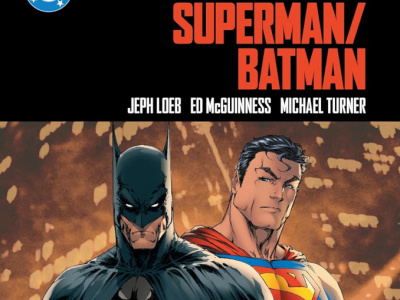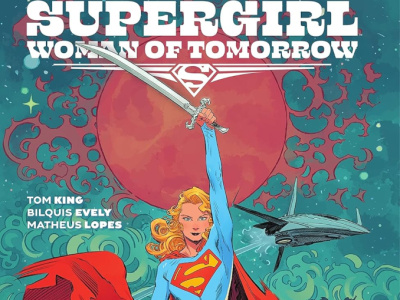The 'Business Section' of Saturday's New York Times included an article by Joe Nocera about a lawsuit brought by Warner Bros. Entertainment and J.K. Rowling against RDR Books, a small publisher from
Rowling says that she has plans of her own to publish a Harry Potter Encyclopedia and give the money to charity, but however laudable her objectives might be, her lawsuit seeks to reverse decades of the 'fair use' doctrine, which allowed for the publication of companion books or 'unofficial guides' that were based on someone else's intellectual property, but were more than just a rehash of the original. Certainly most pop culture retailers have sold such volumes. What Warner Bros. and Rowling are seeking is an expansion of copyright powers in a way which, in the opinion of The Times' Nocera, will 'choke creativity' rather than protect it, which is the purpose of providing copyright protection in the first place.
If Warner Bros. and Rowling succeed in their suit, it could have a chilling effect on a number of pop culture categories by putting in legal jeopardy various kinds of 'companion' books including episode-guides, histories, how-to volumes, 'encyclopedias' and collections of essays based on movies, TV shows, video games, CCGs, and comics.







